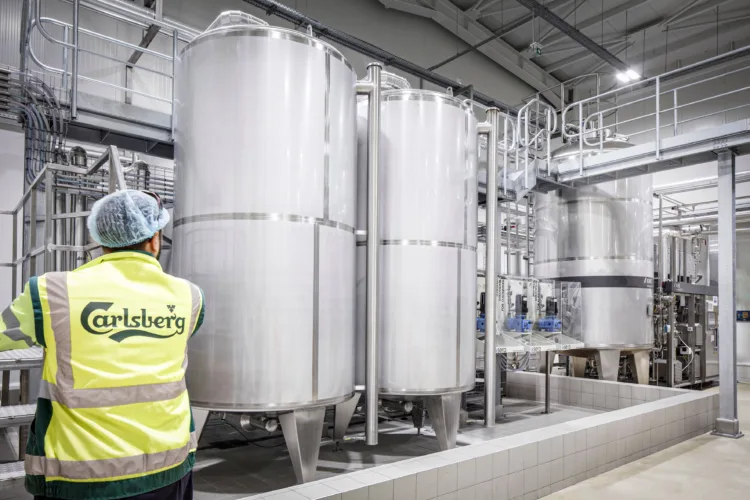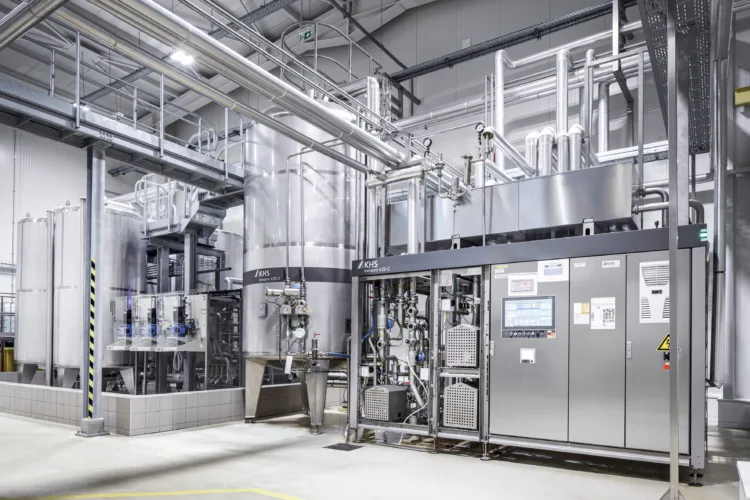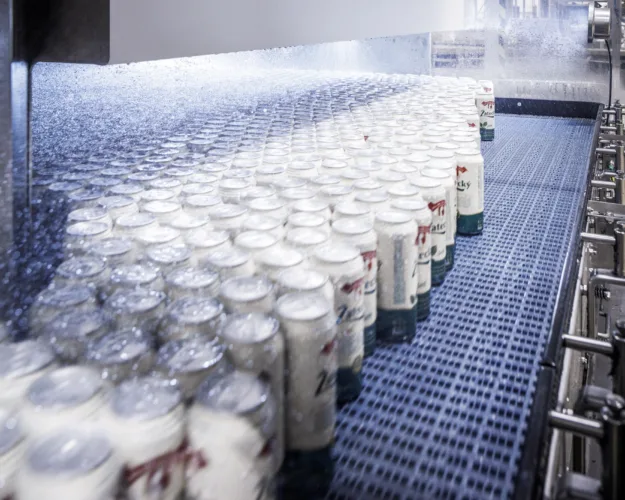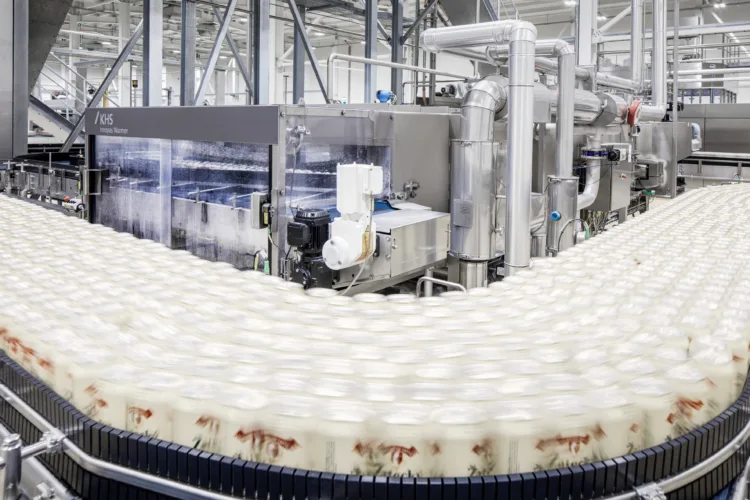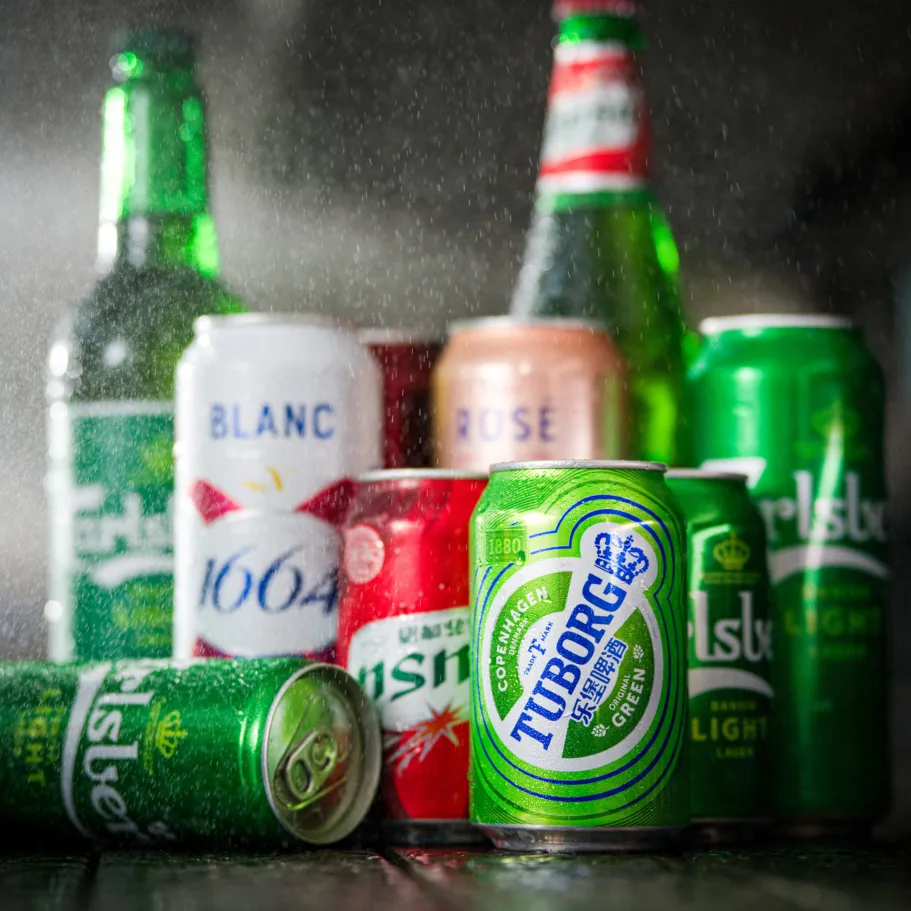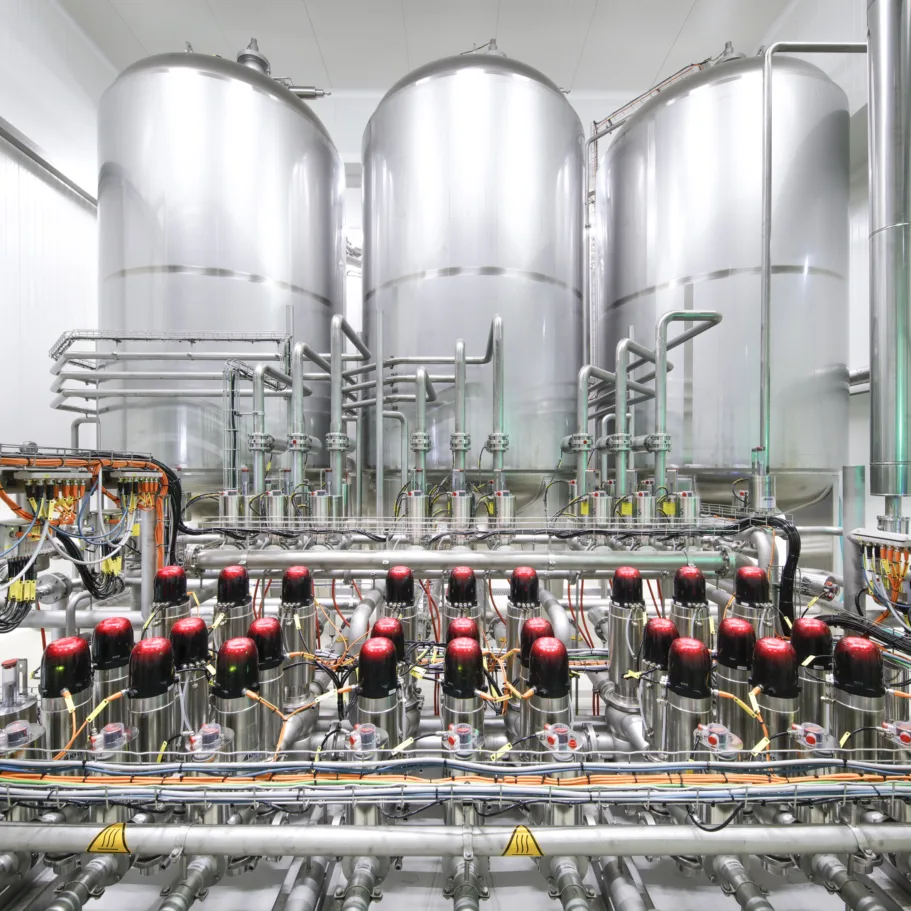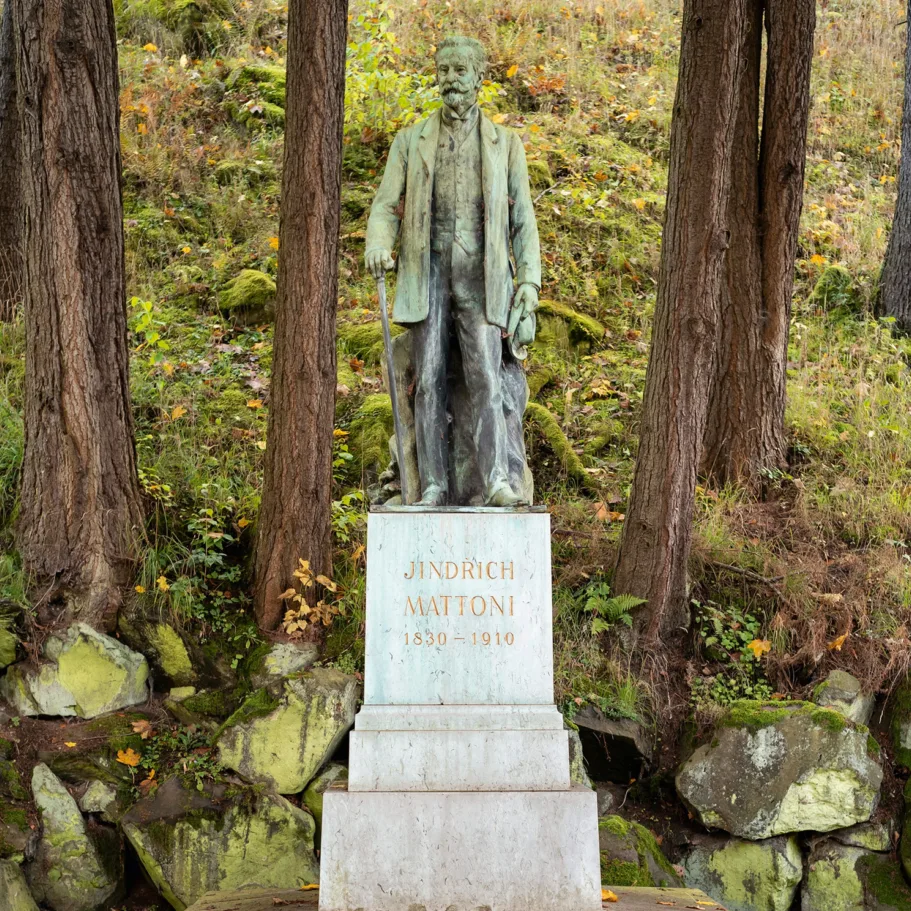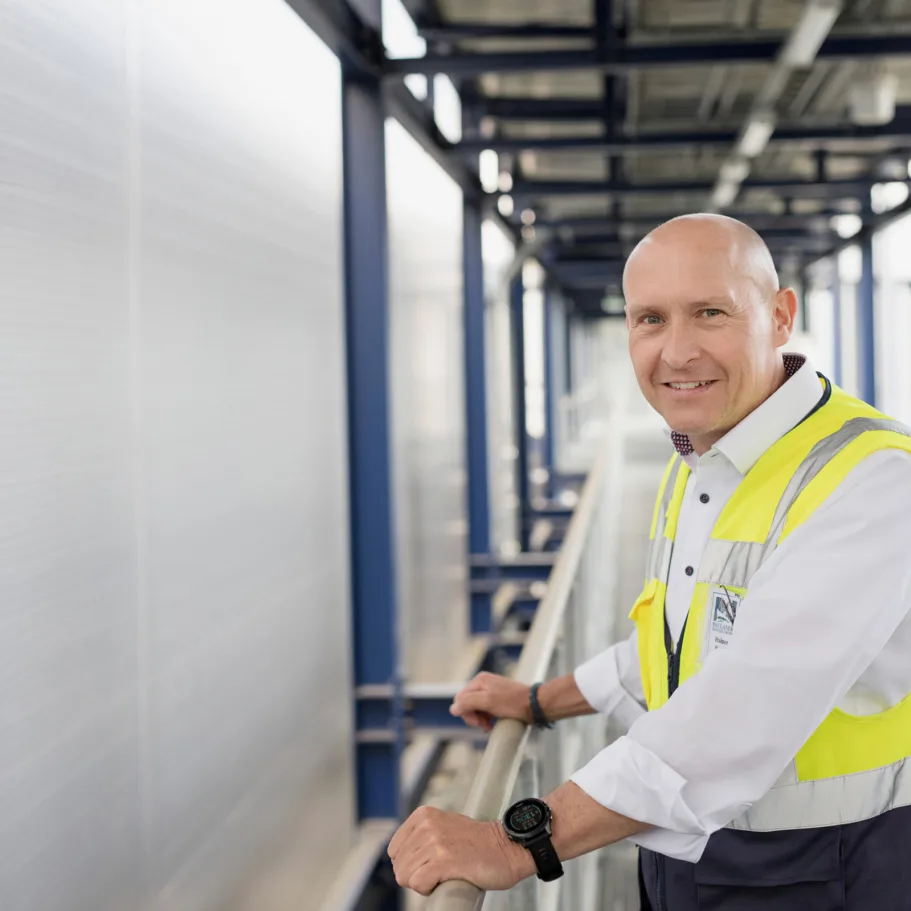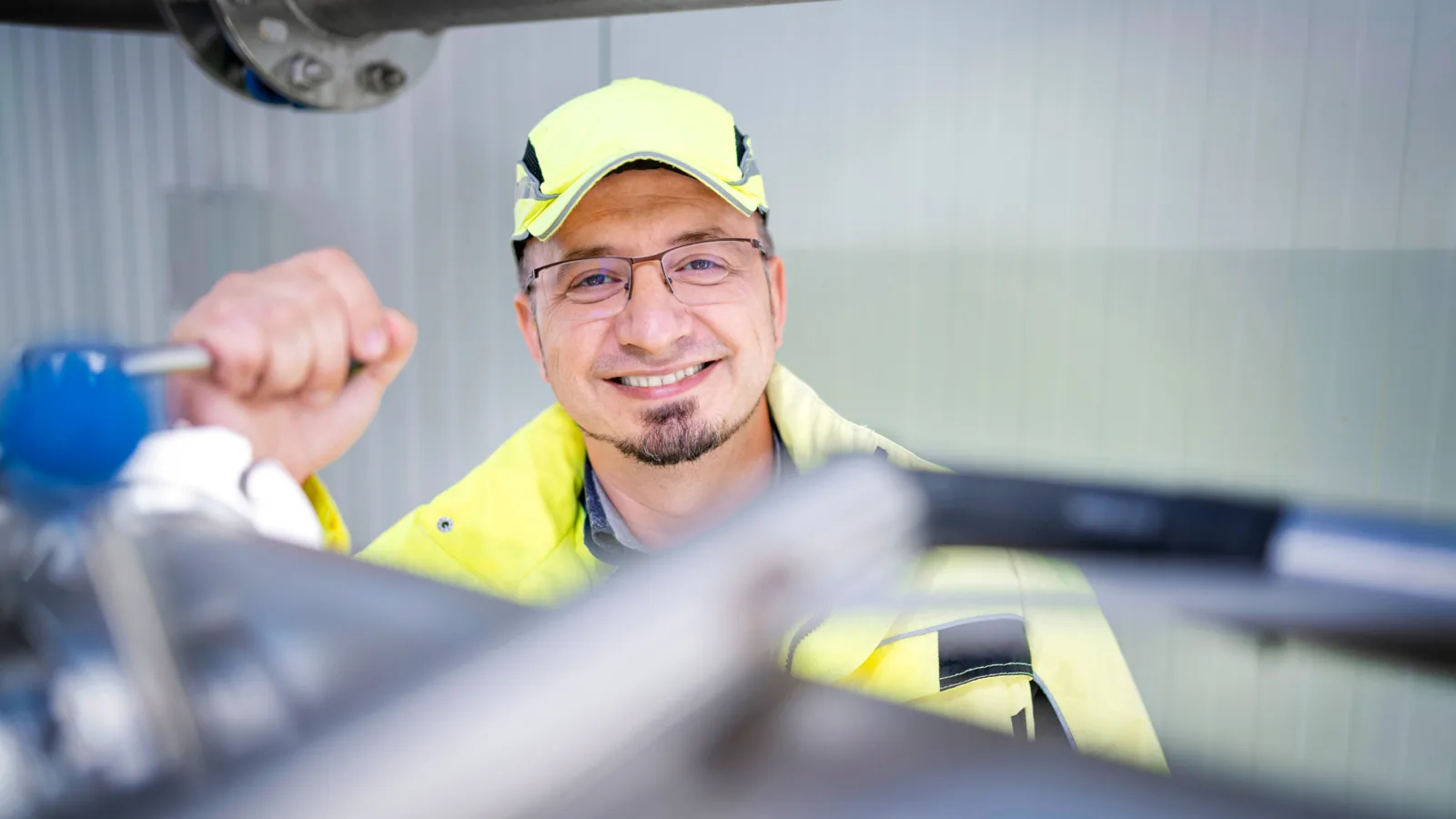
Do it yourself
For the first time ever, Carlsberg Bulgaria is canning its beer itself – thanks to the use of proven technology and KHS’ comprehensive service.
The making of beer has a long-standing tradition here: in 1882, Czech brewer Franz Milde opened what’s now one of Bulgaria’s oldest breweries in the city of Shumen in the east of the country. Nationalized in 1944, Shumensko Pivo, as the company called itself, produced around 350,000 hectoliters of beer per year in the 1960s – in part with the aid of a filling system imported from the German Democratic Republic. Re-privatized in 1999, Shumensko became part of the Carlsberg Group in 2002 – together with Pirinsko Pivo, which was established in 1967. Based in Blagoevgrad near the border with North Macedonia and Greece, this company was already brewing around 400,000 hectoliters of beer per year by 1980.
More than the sum of its parts
In 2004, the two entities merged under the name of Carlsberg Bulgaria to create one of the country’s leading beverage companies. Today, the two sites jointly fill well over two million hectoliters of beer per year. This includes the two local, traditional beers Pirinsko – the market leader on the domestic market – and Shumensko, the country’s third most popular beer. The international portfolio also includes the Danish premium brand Tuborg, Žatecký, which is brewed with Czech hops, as well as 1664 Blanc, Budweiser, Erdinger and Grimbergen which are distributed by the company. Somersby Cider and the mixed beer beverage Garage round off the diverse range.
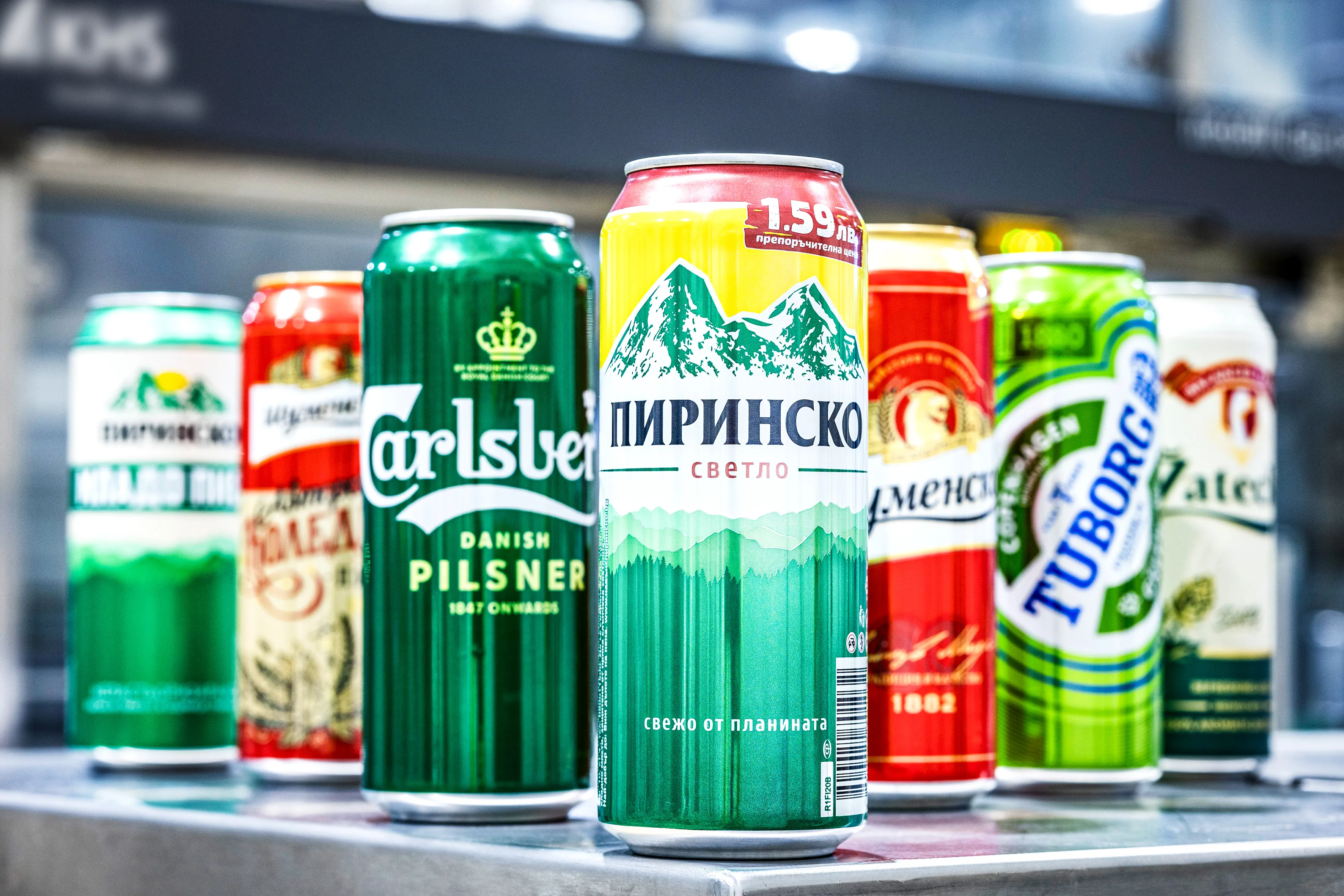
Besides with its international portfolio, Carlsberg Bulgaria primarily scores with local beer brands Shumensko and Pirinsko.
Market leader with great potential
“Today, we’re the leading domestic beer producer in terms of both quantity and value,” states a proud Metodi Stoyanov, integrated supply chain director and the man responsible for local supply chain management and production optimization. “We’re one of the most dynamic and fastest-growing filling companies in our sector.”
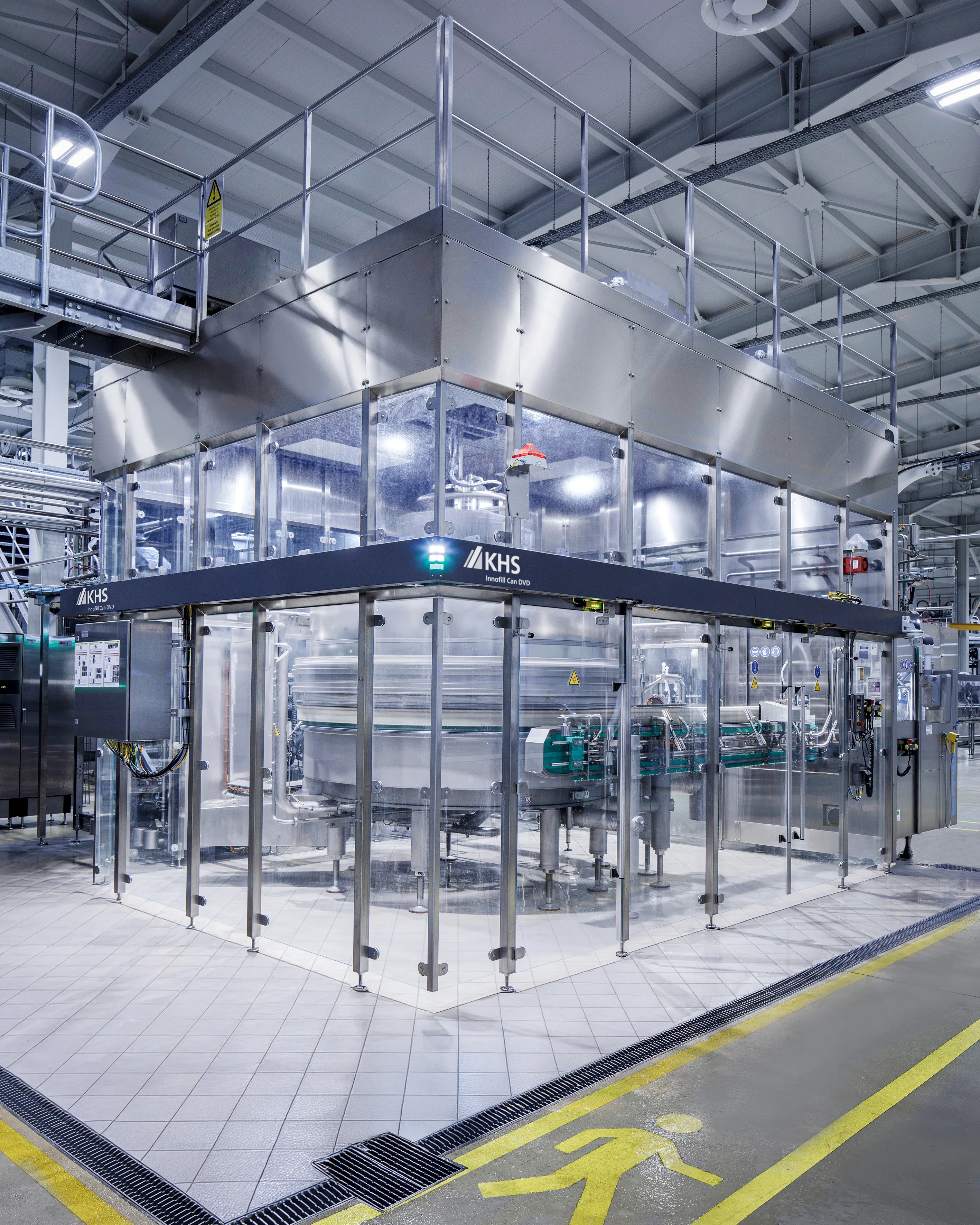
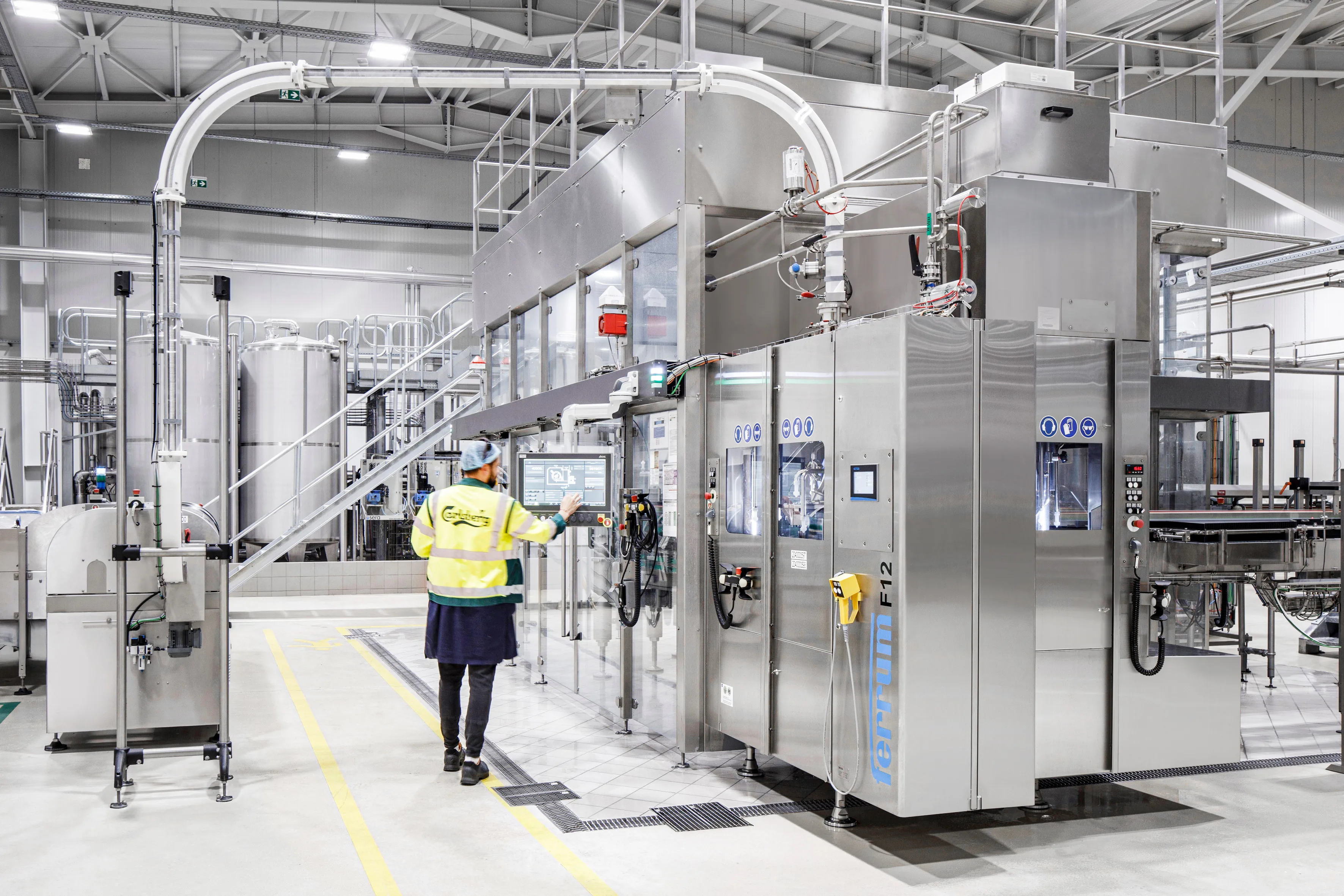
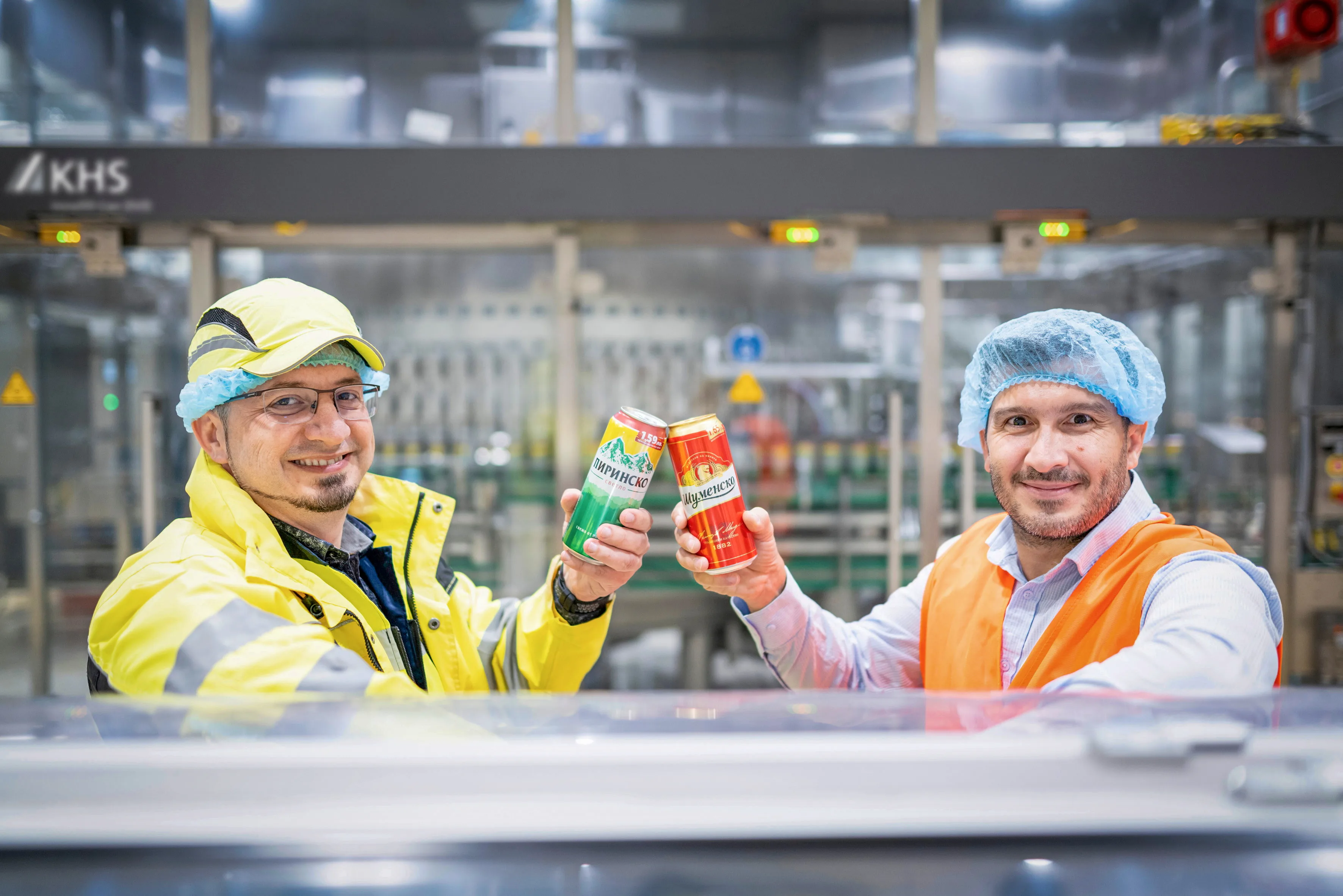
Up to 60,000 cans an hour can be filled on the KHS Innofill Can DVD which delights both Metodi Stoyanov, Carlsberg Bulgaria, and Plamen Zhelev, KHS.
The brewery fills more than half of its products into PET bottles and around a quarter into returnable glass bottles. In recent years, there’s been a sharp increase in the use of beverage cans. “Cans offer consumers a decisive advantage,” explains Stoyanov. “Unlike refillable glass bottles, they don’t have to be returned to the retailer but can instead simply be recycled via the recycling loop.”
Taken into their own hands
Whereas the filled beer cans were previously imported, Carlsberg has had its own line in Blagoevgrad for the first time since January 2023. Delivered and installed by KHS, the system has the capacity to fill up to 40,000 500- and 550-milliliter or 60,000 330-milliliter cans per hour.
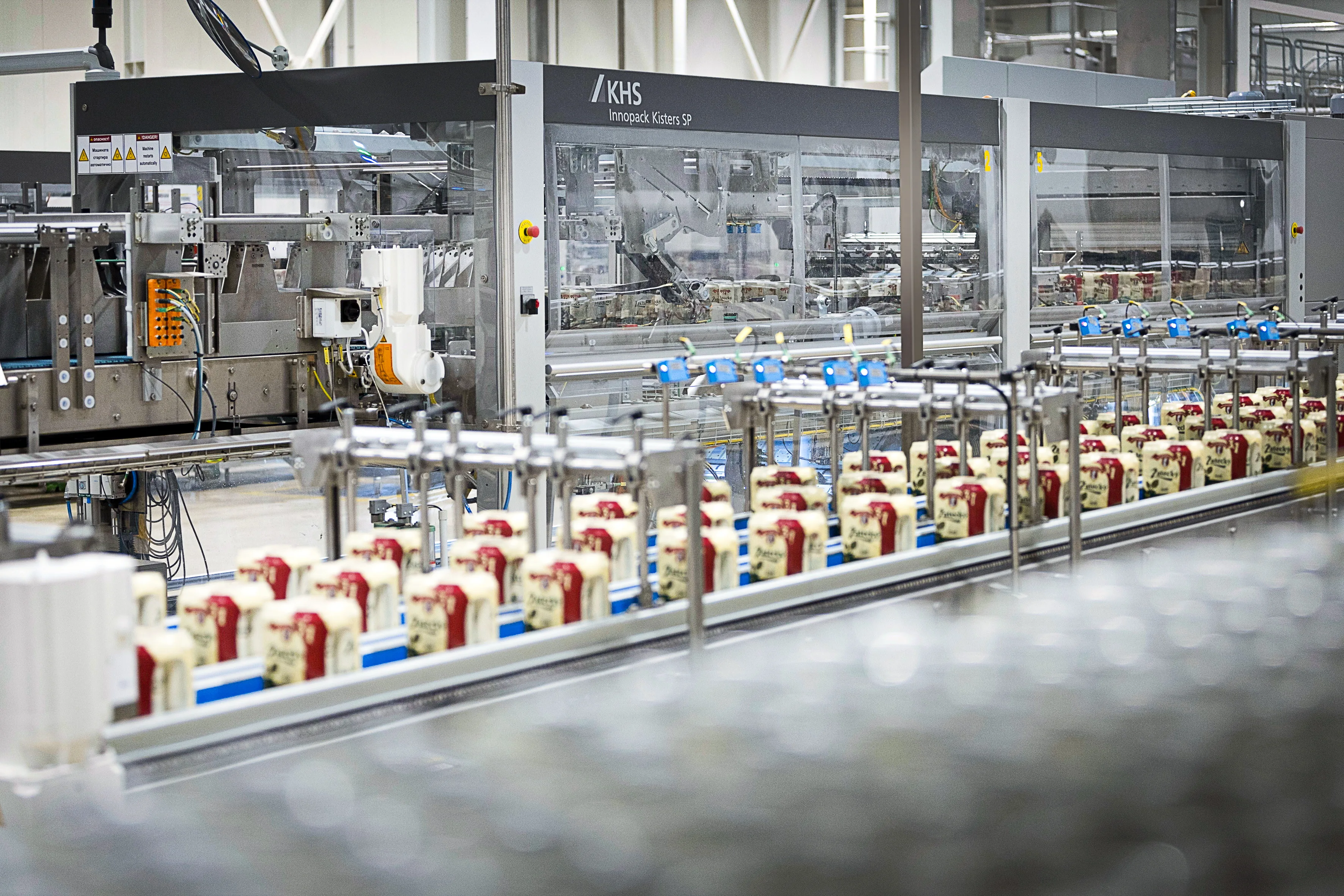
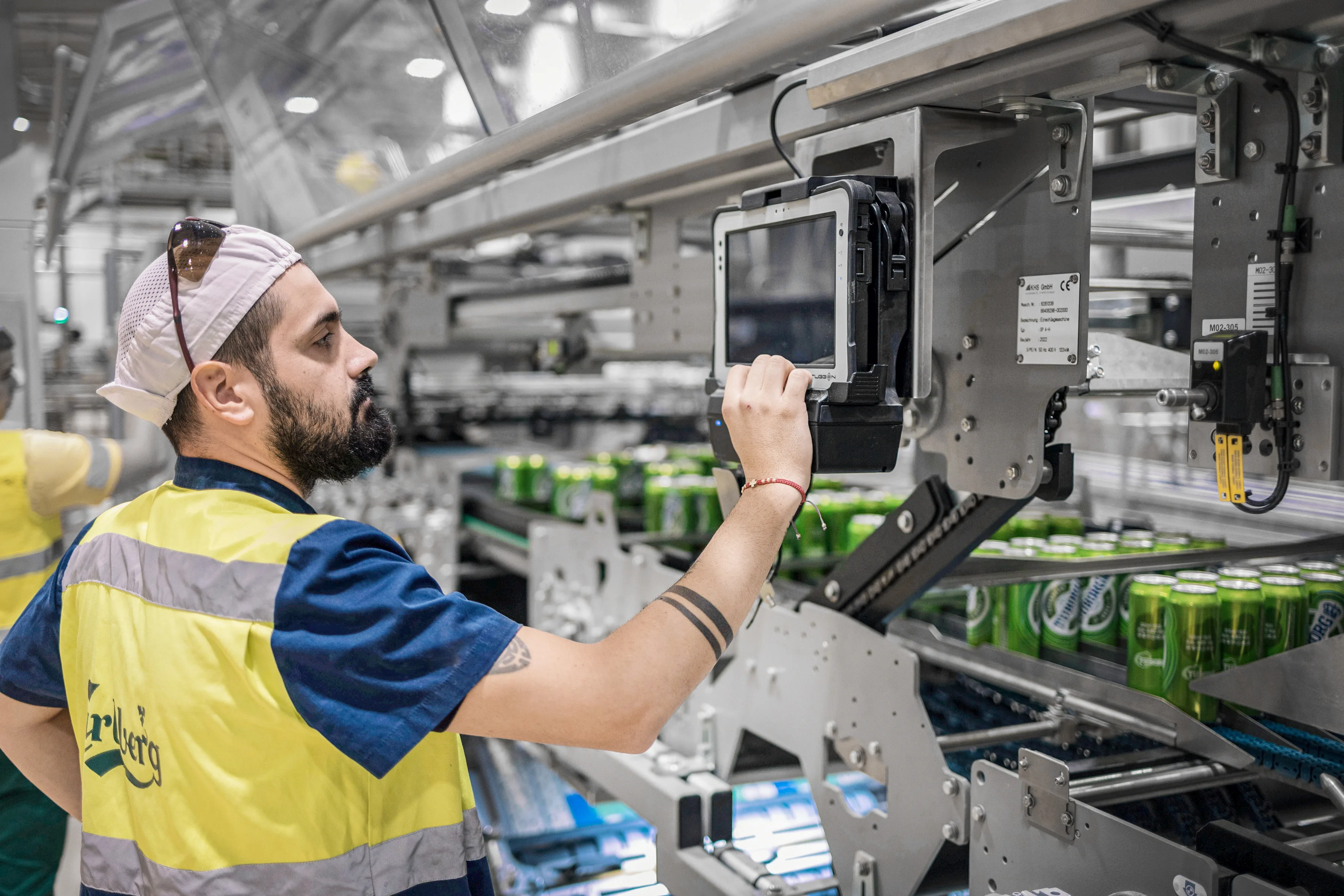
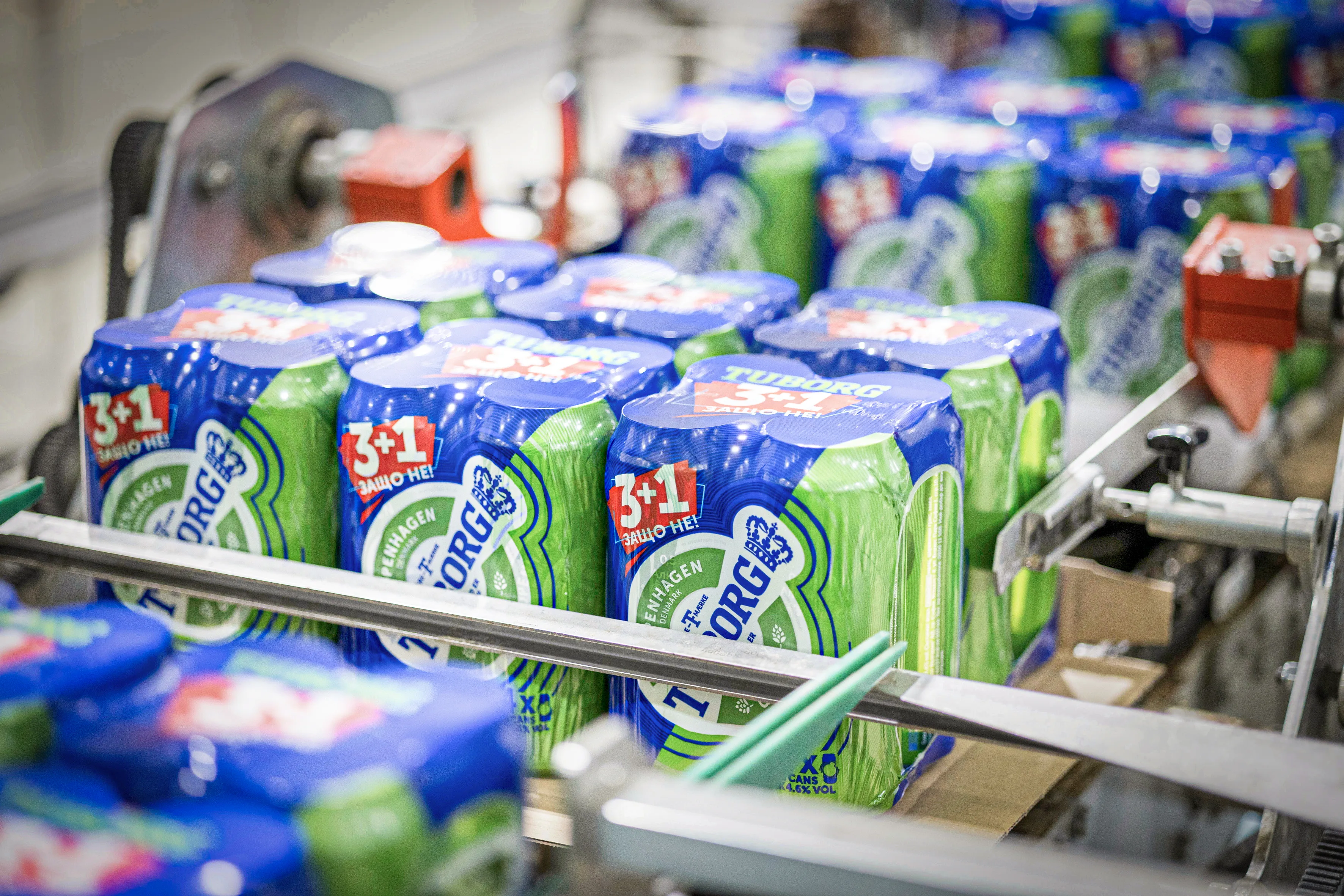
The KHS Innopack Kisters SP packer forms beverage cans into packs of four, for instance, and then wraps them in shrink film.
Outstanding efficiency
Stoyanov is extremely pleased with the new line. “We need far less room for can filling then we do for filling PET and glass bottles. Given the limited space available to us, that’s naturally beneficial. What’s more, the KHS machines are less complex, making them easier to both operate and maintain. Accordingly, production runs smoothly and without any issues. I’m particularly delighted with the high level of efficiency: we achieve an OEE of 76%,” comments Stoyanov.
On-time installation
The entire installation process also ran efficiently despite adverse circumstances. “The project began during the aftermath of the Covid pandemic when there were lots of supply chain challenges,” he recalls. “KHS was an extremely well-organized and a reliable partner to us here. Once the parts had all been delivered, the schedule for installation and commissioning was precisely adhered to even though we still had to complete our new production shop in parallel.”
Reliable and efficient
Unlike most canning lines, which use tunnel pasteurizers for microbiological safety, the Bulgarian site deliberately opted for the KHS Innopro KZE flash pasteurizer. “We don’t can any sensitive beverages that we’d need a tunnel pasteurizer for,” explains Stoyanov. “Thanks to our high hygiene standards during the filling process, we’re instead able to use a flash pasteurizer on all of our systems. This improves the taste of our products. It also takes up far less space. And thanks to faster heat transfer, we use less energy.” Stoyanov is generally very impressed with the overall extremely low energy consumption of the new line – as well as with the fact that all performance values precisely meet his expectations, as he has been pleased to discover.
Following the filling process, the cans pass through the KHS Innopas WICG heater. Frank Schneidermann, global key account manager at KHS, explains the reason for this: “The containers are filled with cold beer at a temperature of 8 to 10°C. Our compact heater raises their temperature to 20 to 28°C to prevent the formation of condensation, which would dampen the cardboard used for the trays and layer pads on the pallets, potentially leading to mold growth; this would naturally be unhygienic. Wet cardboard could also make the pallets less stable and put their proper storage and safe transportation at risk. Given the increasingly demanding nature of logistics processes, this is an important topic – including at Carlsberg Bulgaria, where after coming off the line, the packs are transported by pallet lift to a storage area located four meters below the production shop.”
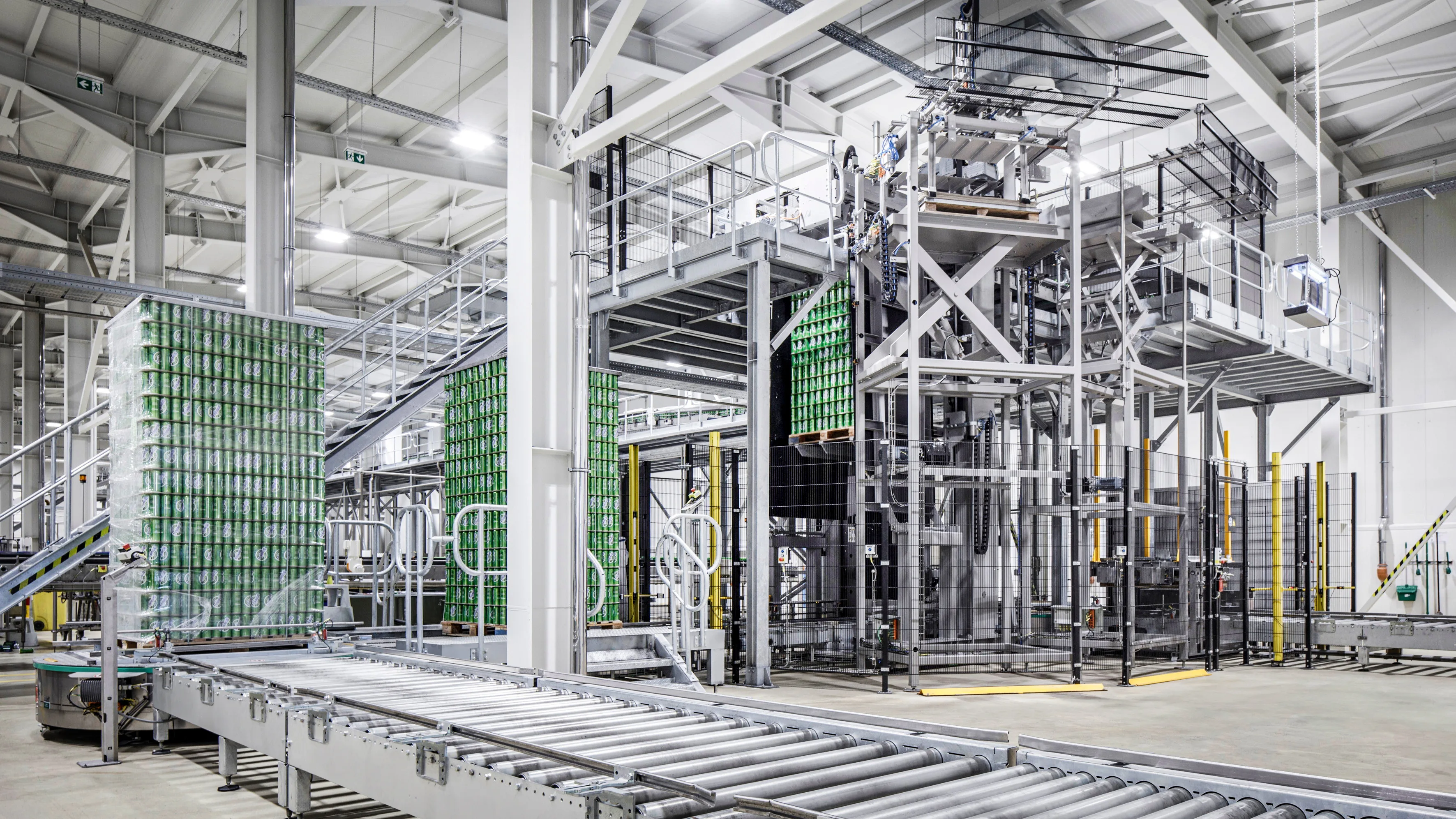
Select KHS products in the dry section: on the left is the Innopal AS H, a depalletizer for the high capacity range with a pallet lift. With the help of robots, the Innopal PB NF and Innopal PTR pallet conveyor (top photo) form layers automatically, palletize the products and then feed these to the logistics area.
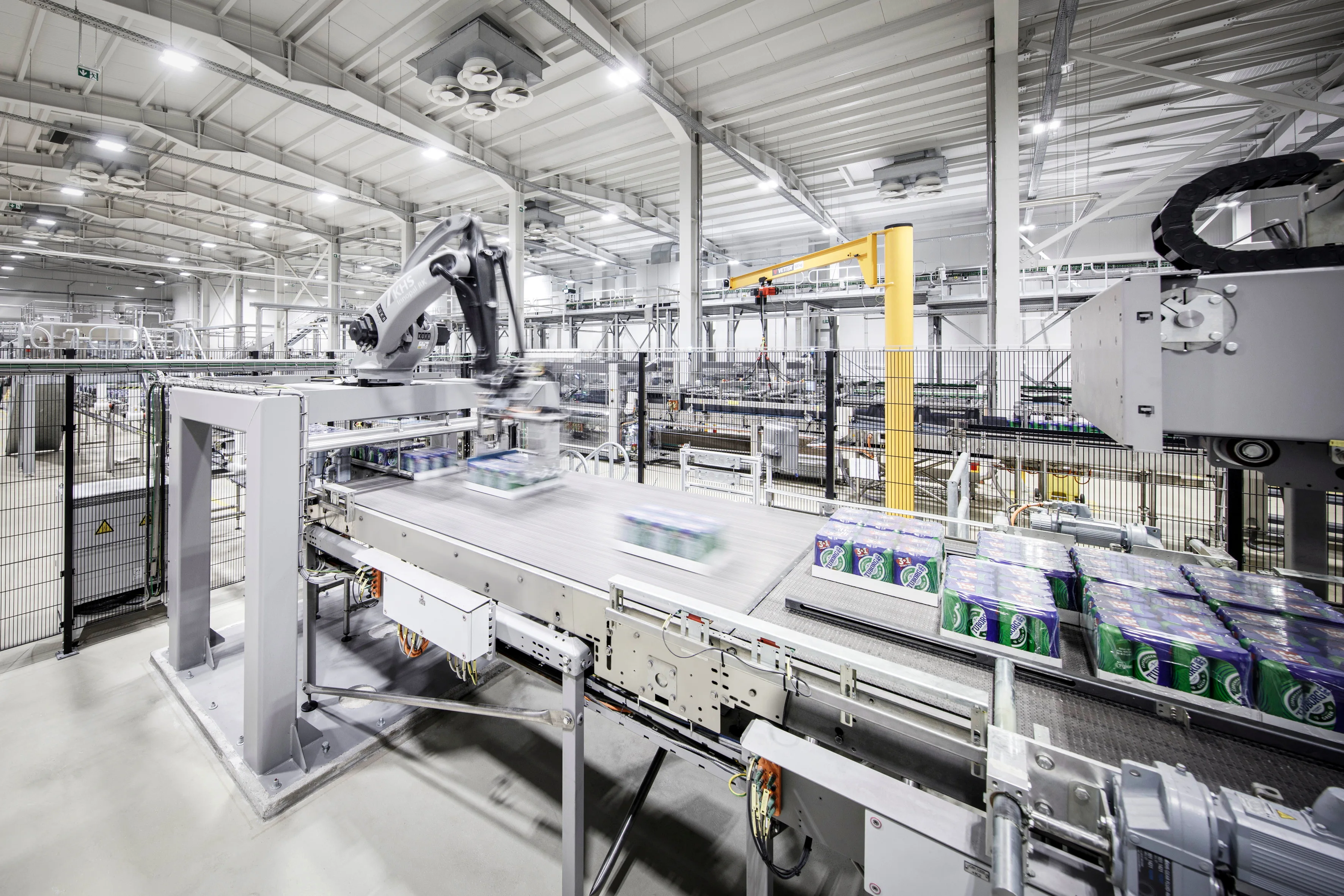
KHS pallet lift
After leaving the line, the KHS pallet lift transports the packs down to a storage area four meters below the production shop.
Sustainably functional
To ensure that the machines remain fully functional over time, a three-year service contract was also signed. This includes both predictive maintenance and ReDiS, the remote service that makes it possible to directly and quickly eliminate faults, even from afar – without needing a KHS service engineer to be physically present on site.
Putting theory into practice
“The reliable and continual support that we receive from the KHS Service team is extremely important to us. After all, we’re new to the world of can filling and using our technology partner’s expertise we’re first safeguarding our production processes,” emphasizes Stoyanov. Although training is part of the service package, he’s convinced that his operators will learn the most by looking over the shoulders of the KHS service engineers and putting their acquired theoretical knowledge into practice.
CANNING LINE FOR CARLSBERG IN UKRAINE
PRECISION LANDING IN KIEV
Sometimes, two can be better than one. This was the approach taken by the Carlsberg Group, which commissioned a second canning line from KHS for Ukraine in parallel to the project in Bulgaria. With a capacity of up to 40,000 containers per hour, the Group uses this to fill Carlsberg products and carbonated soft drinks for PepsiCo. Originally planned for a site near Zaporizhzhia in the east of the country, the Russian war of aggression led to the system being moved to Kiev, where it was installed and commissioned in the spring and summer of 2023. With the increasing number of rocket and drone attacks on the capital, the team had to down tools and take shelter over 100 times. Despite this, it was still able to meet all milestones and production could be started on time. It’s no wonder that the Ukrainian line has received an internal award as the Best Supply Chain Project in the Carlsberg Group worldwide.
Fact Check
CARLSBERG BULGARIA
WHEREIN? 54 SKUs are marketed by Carlsberg Bulgaria – primarily in PET bottles as well as in returnable glass bottles, cans and kegs.
How much?
2.35 million hectoliters are sold by Carlsberg in Bulgaria every year.
600 employees work for Carlsberg Bulgaria.
2002
The two Bulgarian breweries Shumensko and Pirinsko become part of the Carlsberg Group.
